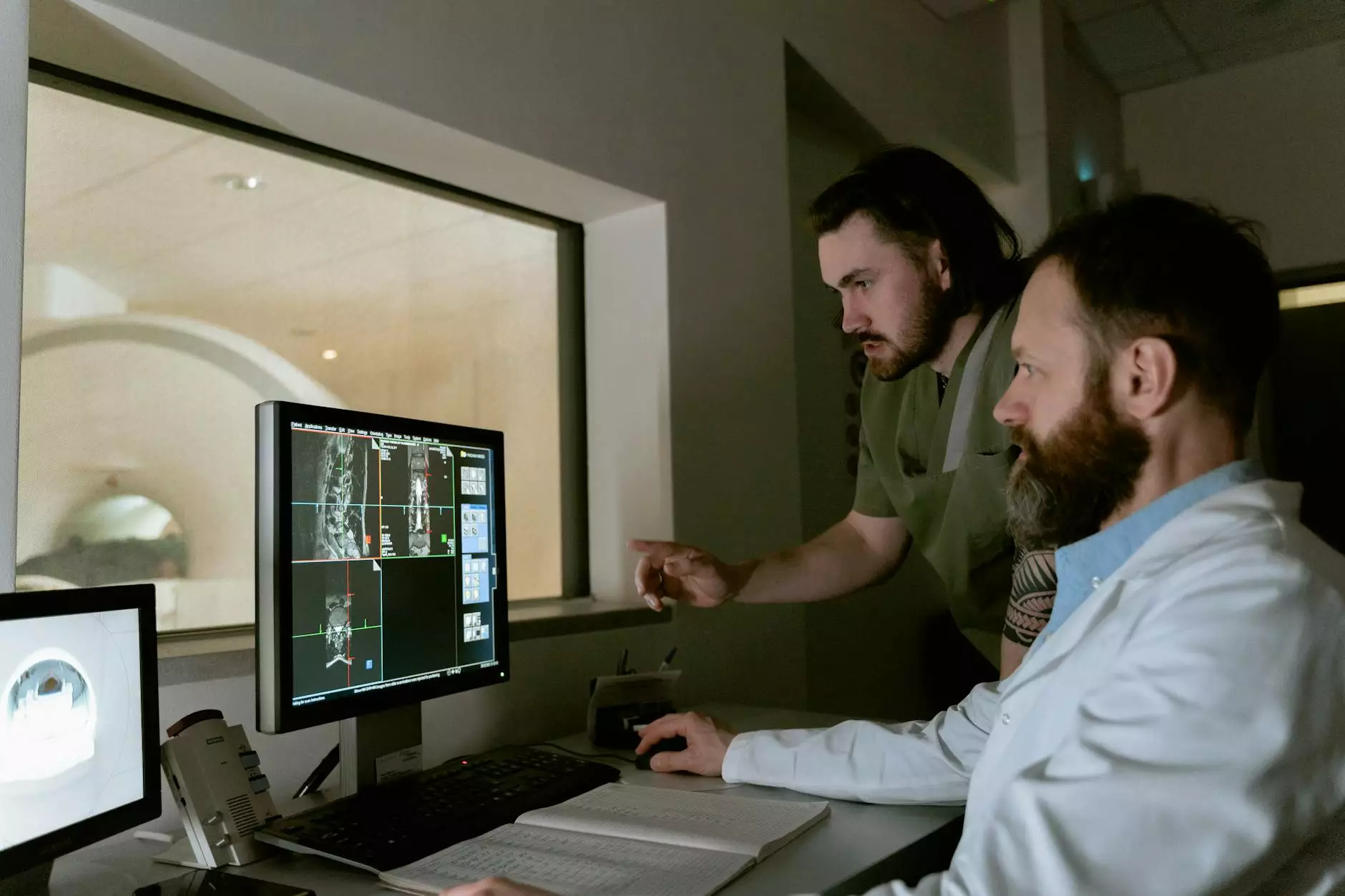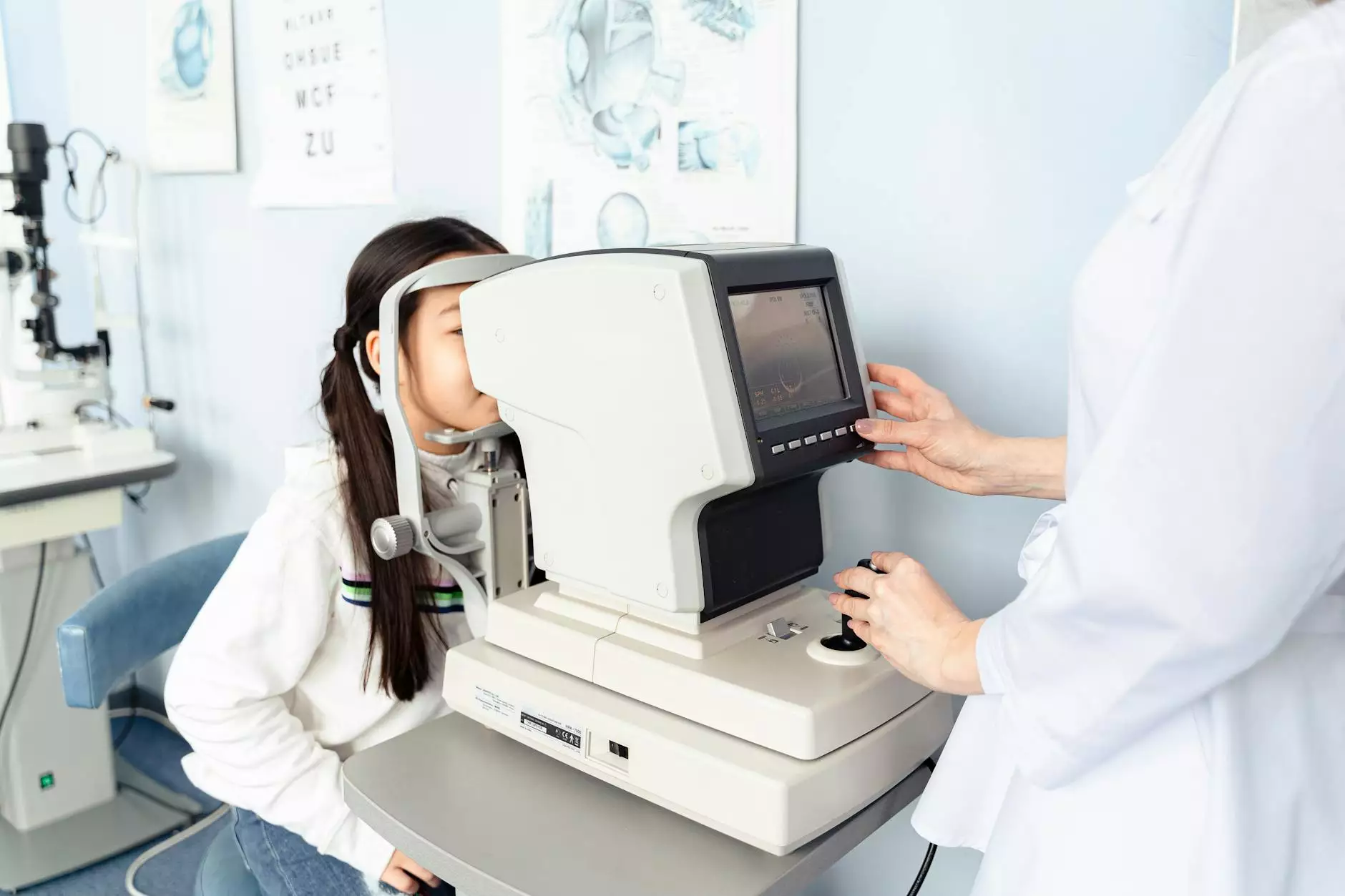Respiratory Muscle Training (RMT)

Introduction to Respiratory Muscle Training
Respiratory Muscle Training, also known as RMT, is a specialized technique designed to improve the strength and endurance of the muscles involved in breathing. By targeting the respiratory muscles, individuals can enhance their lung function, increase oxygen uptake, and improve overall respiratory health.
The Importance of Respiratory Muscle Strength
Strong respiratory muscles are vital for optimal breathing and overall well-being. These muscles, including the diaphragm, intercostal muscles, and accessory muscles of respiration, play a crucial role in the inhalation and exhalation process.
Respiratory muscle weakness can lead to a variety of health issues, including shortness of breath, reduced exercise tolerance, and decreased quality of life. By incorporating Respiratory Muscle Training into your routine, you can strengthen these muscles and improve your respiratory capacity.
Benefits of Respiratory Muscle Training
Respiratory Muscle Training offers numerous benefits for individuals of all ages and fitness levels:
1. Enhanced Lung Function
By targeting the respiratory muscles, RMT improves lung function and increases the amount of oxygen entering the body. This can result in improved athletic performance, increased energy levels, and enhanced overall well-being.
2. Increased Respiratory Endurance
RMT helps individuals to increase their respiratory endurance, allowing them to sustain higher levels of physical activity without experiencing breathlessness. This is especially beneficial for athletes and individuals participating in cardiovascular activities.
3. Improved Breathing Efficiency
Efficient breathing is essential for optimal health. With RMT, individuals can learn techniques to improve their breathing mechanics, reducing the effort required to breathe and maximizing oxygen delivery to the body tissues.
4. Management of Respiratory Conditions
Individuals with respiratory conditions such as asthma, chronic obstructive pulmonary disease (COPD), or cystic fibrosis can greatly benefit from Respiratory Muscle Training. It can help manage symptoms, improve lung function, and enhance overall respiratory health.
5. Rehabilitation after Surgery
Respiratory Muscle Training is often utilized as part of post-surgical rehabilitation programs. By strengthening the respiratory muscles, it aids in recovery, reduces the risk of postoperative complications, and promotes faster healing.
The Effective Techniques Used in Respiratory Muscle Training
Respiratory Muscle Training incorporates various techniques to improve respiratory muscle strength and endurance. These techniques include:
1. Inspiratory Muscle Training (IMT)
IMT focuses on strengthening the muscles responsible for inhalation, such as the diaphragm and intercostal muscles. This involves using specialized devices that provide resistance during inhalation, forcing the respiratory muscles to work harder.
2. Expiratory Muscle Training (EMT)
EMT targets the muscles involved in exhalation, primarily the abdominal muscles and the muscles between the ribs. Similar to IMT, specific devices are used to increase resistance during exhalation, challenging the expiratory muscles.
3. Breathing Exercises
In addition to using devices, breathing exercises are an integral part of Respiratory Muscle Training. These exercises focus on improving breathing techniques, promoting deep breathing, and maximizing lung capacity.
Getting Started with Respiratory Muscle Training
If you are interested in incorporating Respiratory Muscle Training into your routine, it is advisable to consult with a healthcare professional or a qualified respiratory therapist. They can assess your individual needs and provide guidance on appropriate training techniques and devices.
By investing time and effort into Respiratory Muscle Training, you can unlock numerous benefits, from enhanced lung function to improved respiratory endurance. Don't let respiratory muscle weakness limit your potential - start training today and take control of your respiratory health.









